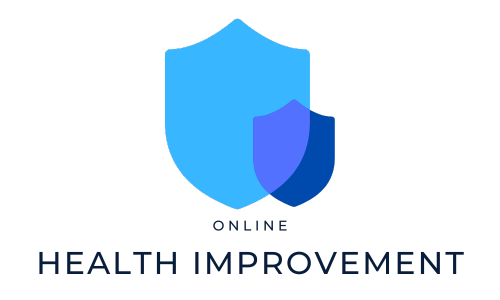The Importance of Regular Eye Exams
Our eyes are one of the most precious and delicate organs of our body. They not only enable us to see the world around us but also play a crucial role in our overall well-being. Therefore, it is essential to take good care of our eyes and ensure they receive the necessary attention and care they deserve. One of the most effective ways to do so is by scheduling regular eye exams. Here, we will discuss the importance of regular eye exams and highlight the key reasons why they should be an integral part of our healthcare routine.
Early Detection of Eye Diseases
Regular eye exams allow for the early detection of various eye diseases such as glaucoma, cataracts, macular degeneration, and diabetic retinopathy. These conditions often have no or minor symptoms in their early stages but can progress and lead to permanent vision loss if left untreated. By visiting an eye care professional regularly, potential eye diseases can be identified in their infancy, ensuring timely treatment and preventing or delaying progressive vision loss.
Assessment of Visual Acuity
During an eye examination, your eye care professional will evaluate your visual acuity. Visual acuity refers to the sharpness of your vision at different distances and is measured using an eye chart. It helps assess if you need prescription glasses or contact lenses to correct any refractive errors such as nearsightedness, farsightedness, or astigmatism. Obtaining the correct prescription for corrective eyewear can enhance your visual acuity and overall quality of life.
Updating Existing Prescriptions
If you already wear prescription glasses or contact lenses, regular eye exams are crucial to ensure that your current prescription is still accurate and meeting your vision needs. Our eyes change over time, and an outdated prescription can lead to discomfort, eye strain, headaches, and blurry vision. By visiting an eye care professional for regular check-ups, you can ensure that your prescription is up to date and provides the optimal vision correction necessary.
Detection of Systemic Health Conditions
The eyes can act as windows to our overall health. During an eye exam, eye care professionals can identify signs and symptoms of various systemic health conditions. Conditions like high blood pressure, diabetes, cholesterol problems, and even certain types of cancer can be detected through a comprehensive eye examination. By catching these conditions early on, you can seek appropriate medical treatment promptly and potentially prevent further health complications.
Prevention of Digital Eye Strain
In today’s digital age, many of us spend a significant amount of time in front of screens, such as computers, smartphones, and tablets. Prolonged exposure to digital screens can lead to digital eye strain, also known as computer vision syndrome. Symptoms may include dry eyes, eye fatigue, headaches, blurred vision, and neck and shoulder pain. Regular eye exams can help detect the early signs of digital eye strain and provide guidance on appropriate measures to alleviate symptoms and protect your eyes from further damage.
Maintaining Overall Visual Health
Regular eye exams play a crucial role in maintaining overall visual health. They ensure proper eye function, monitor changes in your vision or eye health, and provide early interventions when necessary. Even if you have perfect vision and no symptoms, routine eye exams are recommended to detect potential issues that may not be immediately noticeable. By making eye exams a part of your regular healthcare routine, you are taking proactive steps to maintain clear vision and healthy eyes for years to come.
In summary, regular eye exams are essential for various reasons, including the early detection of eye diseases, assessing visual acuity, updating prescriptions, detecting systemic health conditions, preventing digital eye strain, and maintaining overall visual health. Don’t neglect the health and well-being of your eyes; schedule regular eye exams and ensure that your eyecare needs are met by a qualified eye care professional. Remember, healthy eyes lead to a better quality of life.
